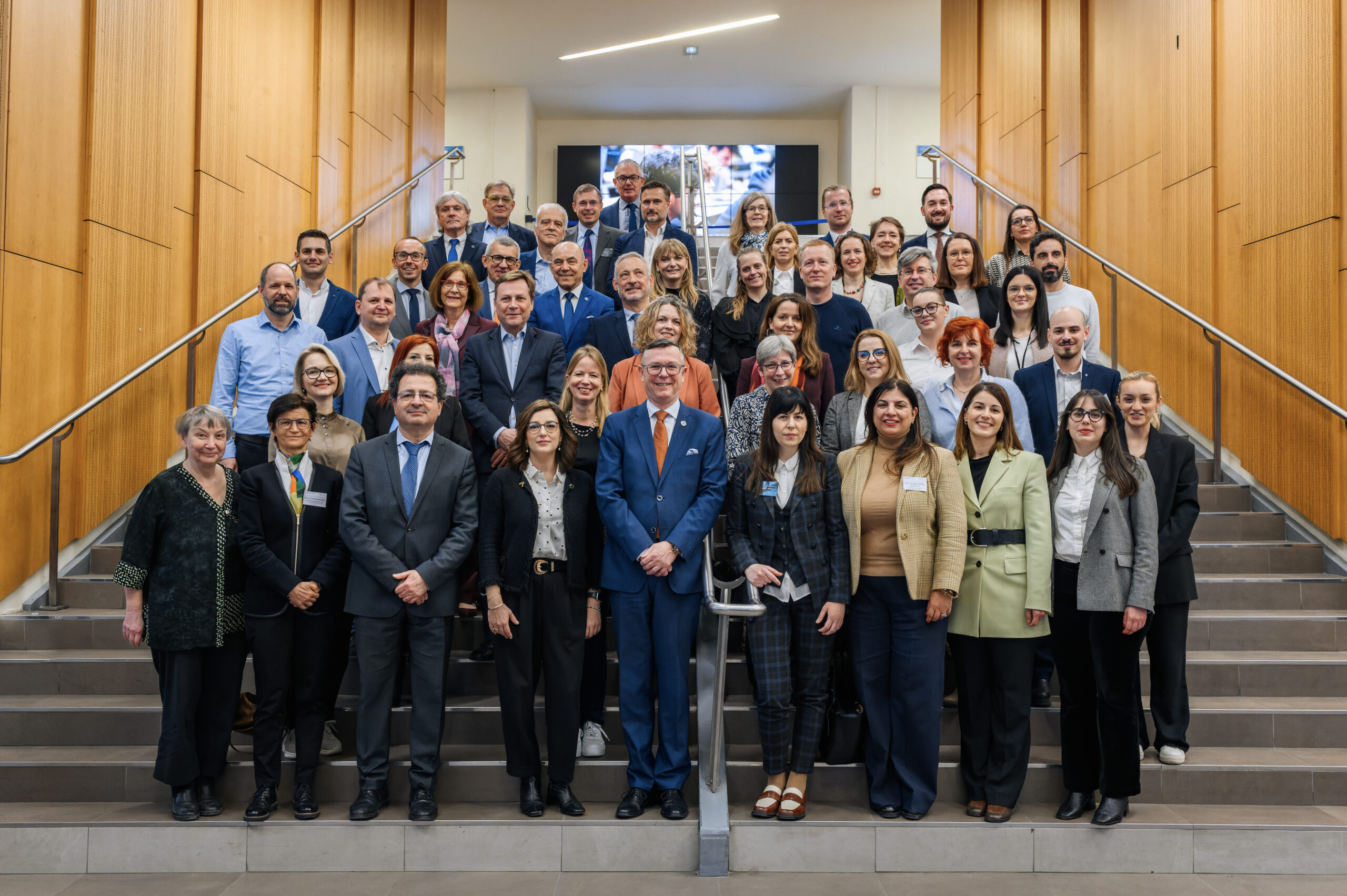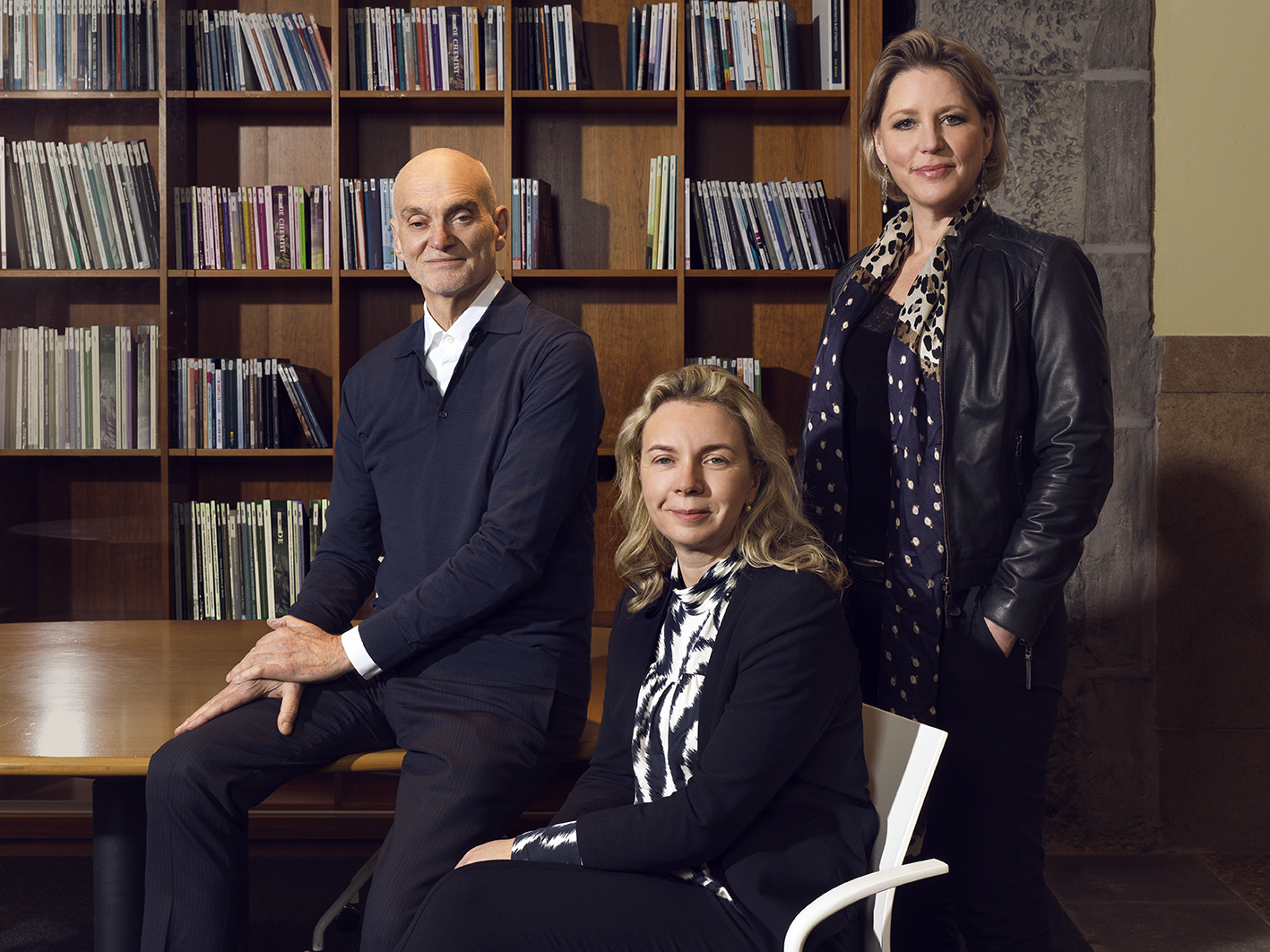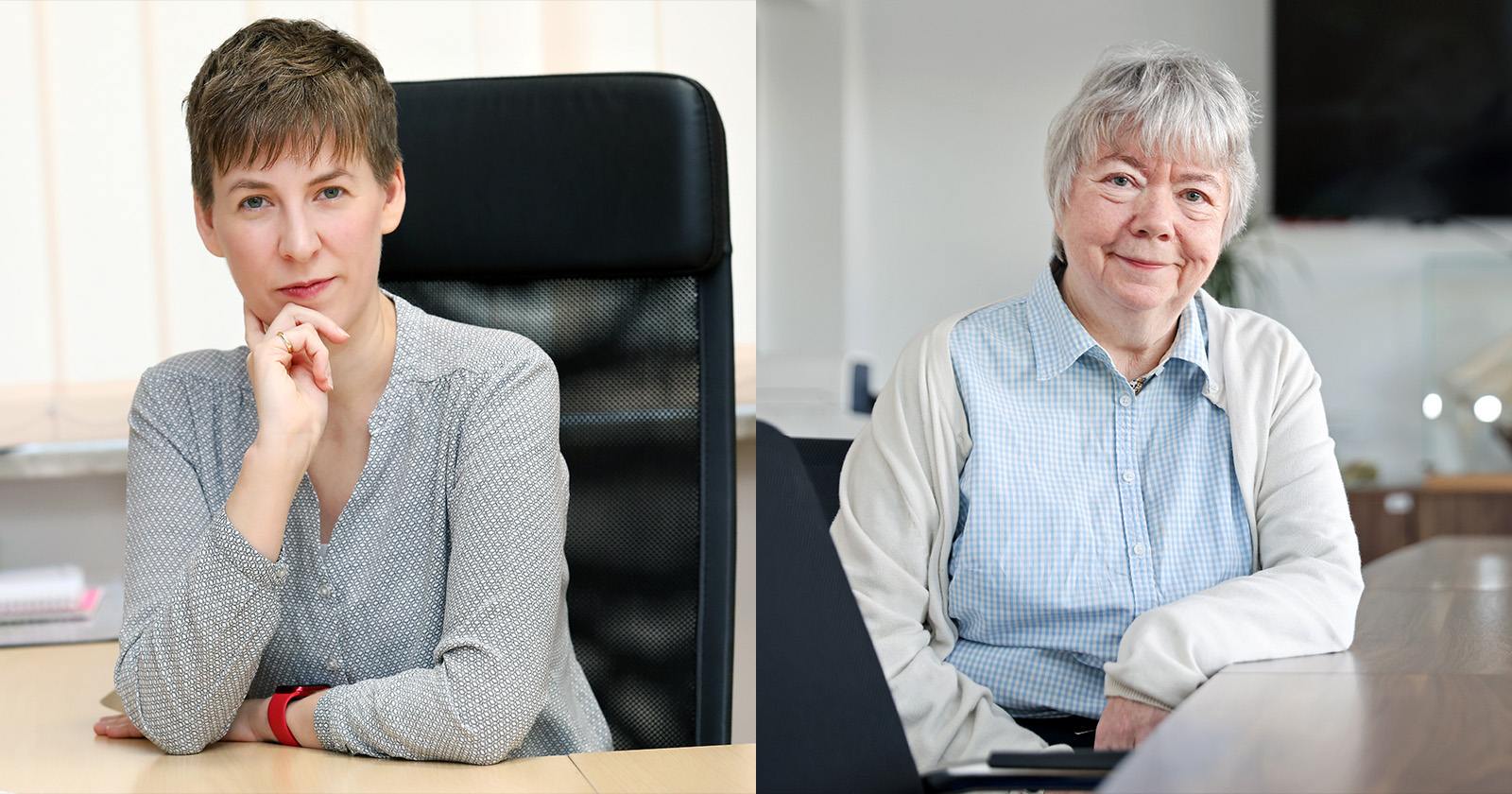Everything starts with fundamental research. Just look at the University of Antwerp’s PLASMANT research group – Prof. Annemie Bogaerts and her colleagues have accumulated years of expertise in plasma, the fourth state of matter. Their fundamental research led to the establishment of start-up D-CRBN.
The scientists at PLASMANT – a combination of the words ‘plasma’ and ‘Antwerp’ – focus on exploring the various properties of plasma. The possibilities are endless. Among other things, the research group is studying its use in medical applications (for cancer treatment and recently also for killing viruses) as well as how plasma can be used to convert greenhouse gases like CO2 and methane, but also the stable nitrogen from the air, into renewable fuels and new chemicals in a sustainable way.
Bogaerts and her colleagues are among the world’s top scientists in this field. Annemie Bogaerts was one of four European scientists to receive a Synergy grant from the European Research Council in 2018. The grants provide funding that will allow the four scientists to carry out fundamental research into the electrification of chemical processes for a six-year period.
Building blocks of life
‘Chemistry is all about the building blocks of life’, explains Prof. Bogaerts. ‘We turn those building blocks back into useful compounds. If we can use plasma to convert harmful substances into new chemicals or fuels in a sustainable way, it will be a really good thing for our planet. Innovative technologies could allow us, for example, to break harmful CO2 molecules back down into their original building blocks. Those ‘ingredients’ can then be used to produce biofuels, chemicals and polymers.’
Years of fundamental work in the lab are also paying off. Plasma research recently led to the establishment of the start-up D-CRBN, whose name refers to ‘decarbon’. The newcomer aims to help companies make the transition to a circular and more sustainable economy and is mainly focusing on companies in the chemical, petrochemical and steel industries. The Antwerp scientists are convinced that their research will eventually lead to a range of additional applications.
For more information: www.uantwerpen.be/en/research-groups/plasmant/










